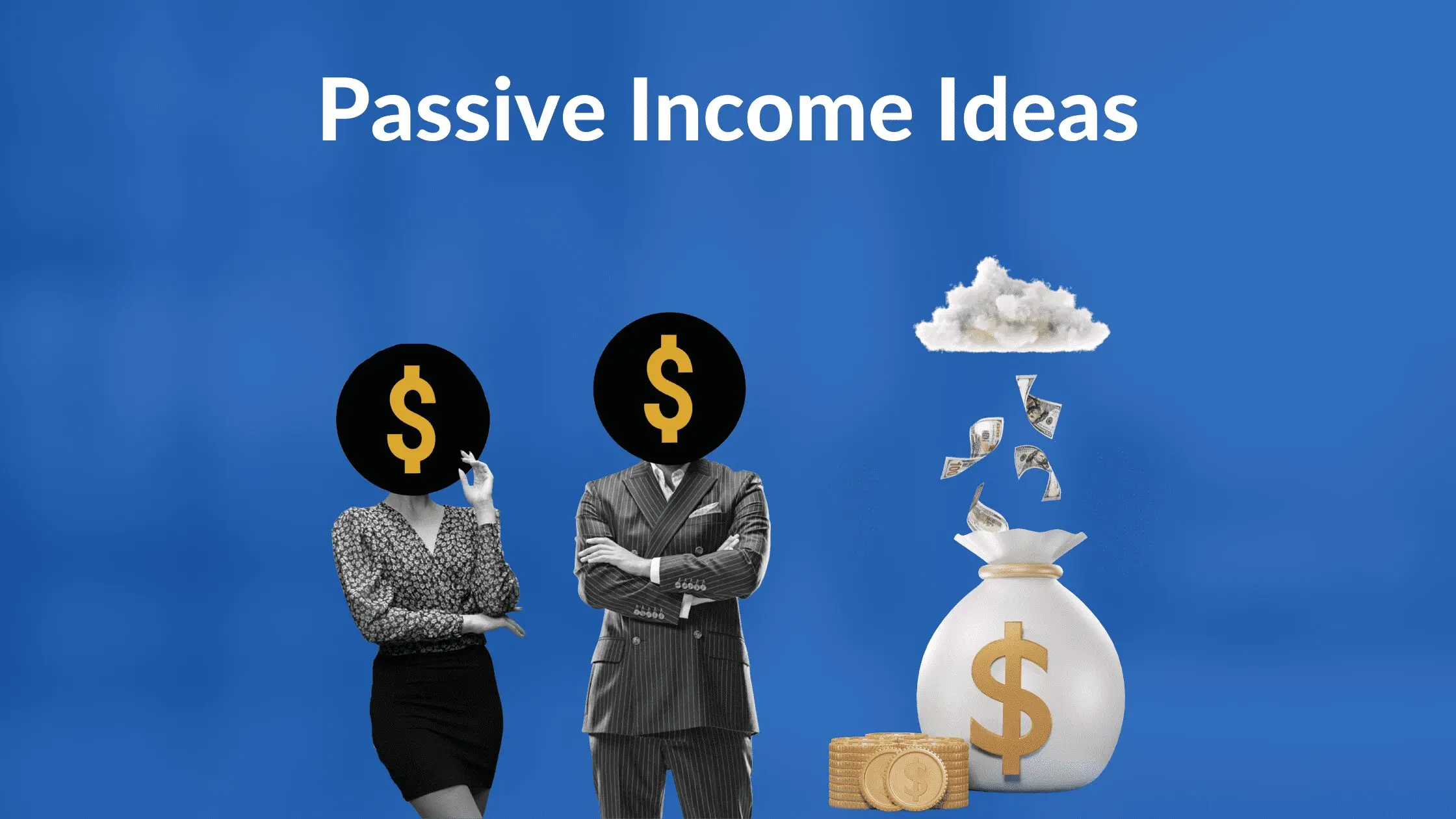Why Tax Efficiency Matters for Investors
Each time you earn dividends or sell an asset for a gain, the IRS may take a cut. Tax-efficient investing helps limit how much of your returns are lost to taxes. This is especially crucial for:
- High-net-worth individuals
- Long-term investors
- Retirees drawing down portfolios
- Those investing in taxable brokerage accounts
The more you can shield income and defer gains, the more money you keep compounding over time.
Tax Treatment by Investment Type (2025)
| Investment Type | Tax Status | Efficiency Level | Notes |
|---|---|---|---|
| Municipal Bonds | Tax-free interest (federal level) | ✅ Very Efficient | May also be state-tax free |
| Index Funds / ETFs | Low turnover, long-term gains | ✅ Highly Efficient | Minimal capital gains distributions |
| Roth IRA Investments | Tax-free growth & withdrawals | ✅ Optimal | Income limits apply |
| Real Estate (REITs) | Dividends taxed as ordinary income | ⚠️ Less Efficient | Offset possible with depreciation |
| Actively Managed Funds | High turnover, frequent distributions | ❌ Inefficient | Higher tax bills annually |
Best Tax-Efficient Investment Vehicles in 2025
The following accounts are designed to reduce or eliminate tax burdens:
- Roth IRAs: Contribute after-tax dollars and enjoy tax-free withdrawals
- Health Savings Accounts (HSAs): Triple tax benefit—deductible, tax-deferred, and tax-free if used for medical expenses
- 529 Plans: Tax-free growth when used for education
- Brokerage Accounts (with tax-loss harvesting): Flexible, but gains are taxable
These structures allow you to allocate assets wisely based on their tax impact.
Investment Strategies for Lower Tax Exposure
Tax efficiency isn't just about what you buy—it's how you manage your portfolio:
- Asset location: Hold tax-inefficient assets (like bonds or REITs) in tax-deferred accounts
- Tax-loss harvesting: Sell underperforming assets to offset gains
- Buy-and-hold investing: Minimize taxable events by avoiding frequent trades
- Qualified dividend investing: Seek stocks that pay dividends taxed at lower rates
- Use of municipal bonds: Great for conservative investors in high tax brackets
A disciplined approach helps maintain long-term returns and reduces the tax burden.
Common Pitfalls That Increase Your Tax Bill
Many investors unknowingly reduce their net returns by making these mistakes:
- Overtrading in taxable accounts
- Ignoring tax consequences of mutual fund distributions
- Reinvesting dividends without considering tax impact
- Improper asset placement across account types
Using a tax-aware advisor or software can help prevent costly errors.
Who Should Prioritize Tax-Efficient Investing?
While everyone benefits, tax-efficient investment strategies are particularly important for:
- Individuals in the top income tax brackets
- Investors with large taxable accounts
- Early retirees who rely on investments for income
- People planning intergenerational wealth transfers
Even moderate-income investors can benefit by simply using the right accounts and products.
Conclusion: Invest Smarter, Not Just Bigger
Taxes are one of the few predictable costs investors face—so planning for them is essential. By using tax-efficient investment strategies, you can retain more of your gains and grow your portfolio faster over time.
In 2025, investors who prioritize efficiency—through account choice, investment selection, and portfolio management—can achieve higher after-tax returns without taking on more risk.







